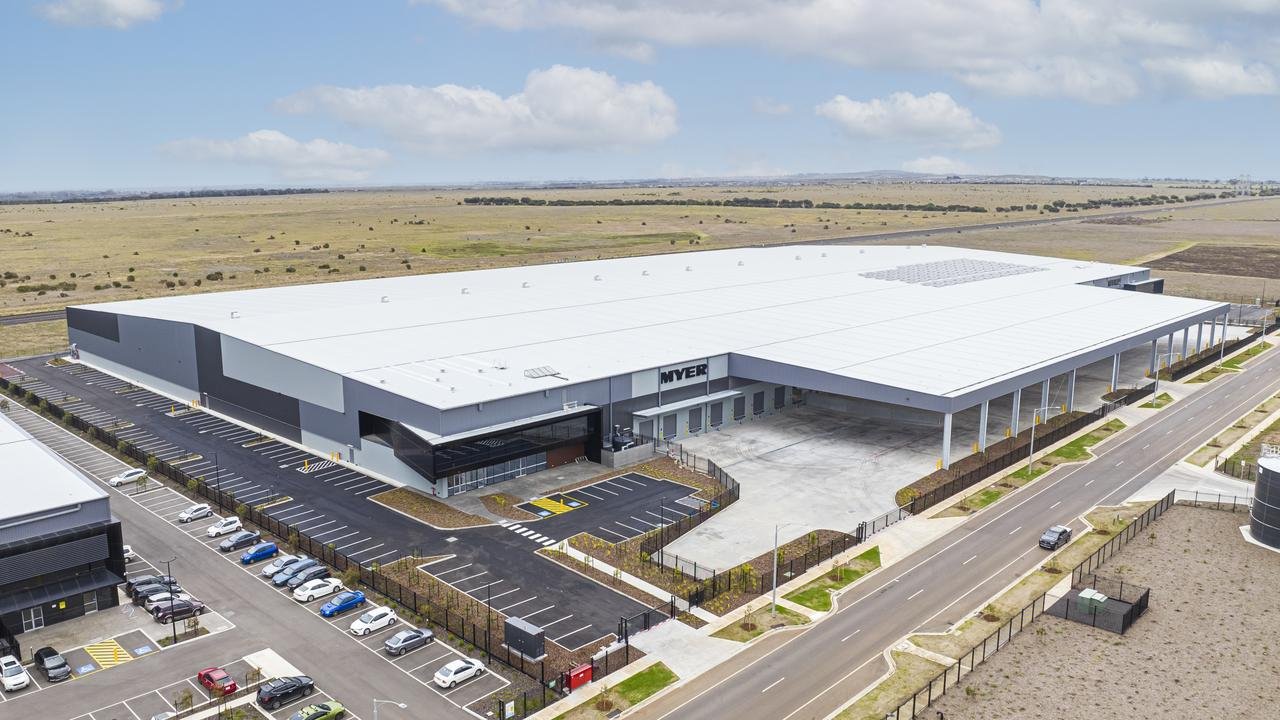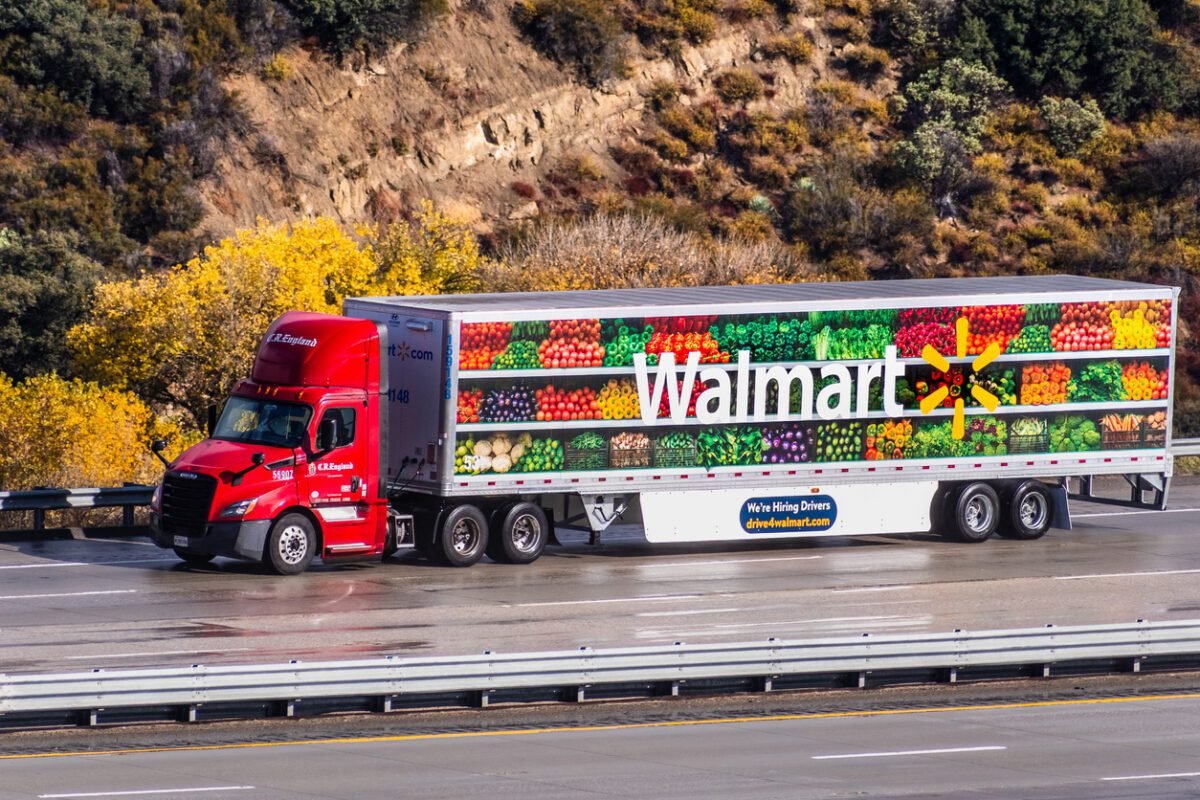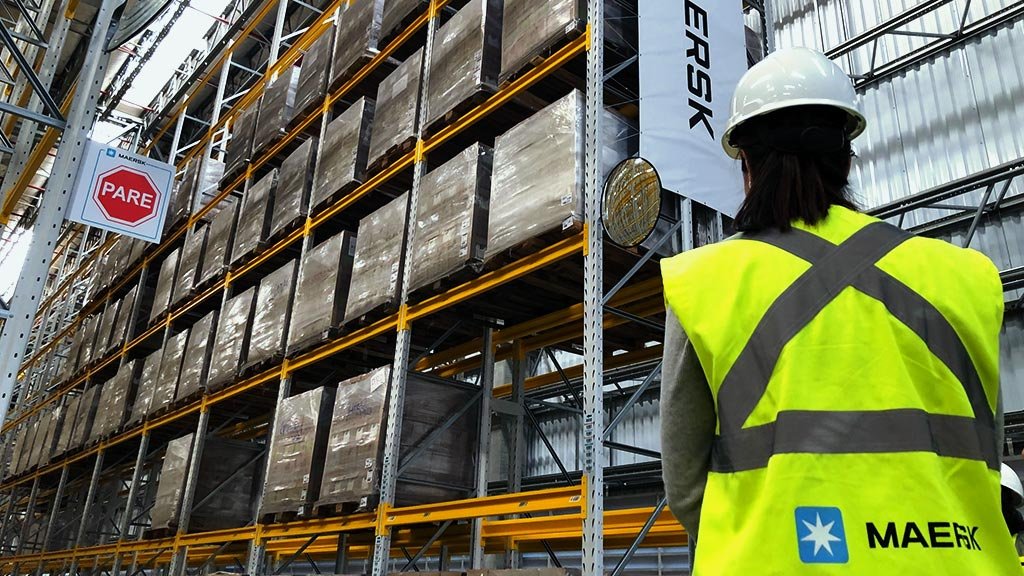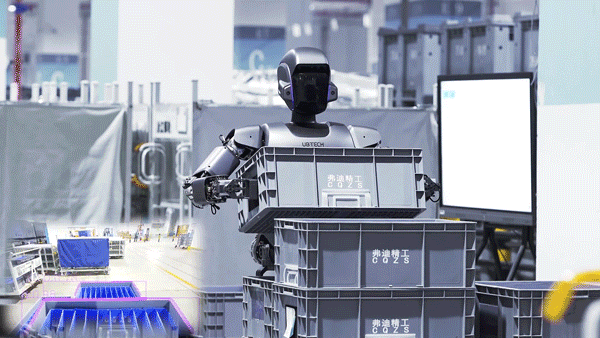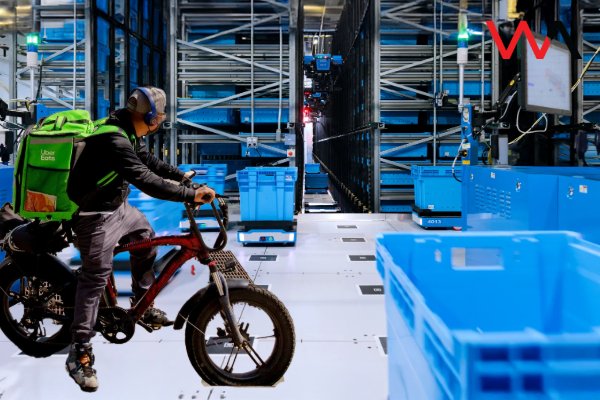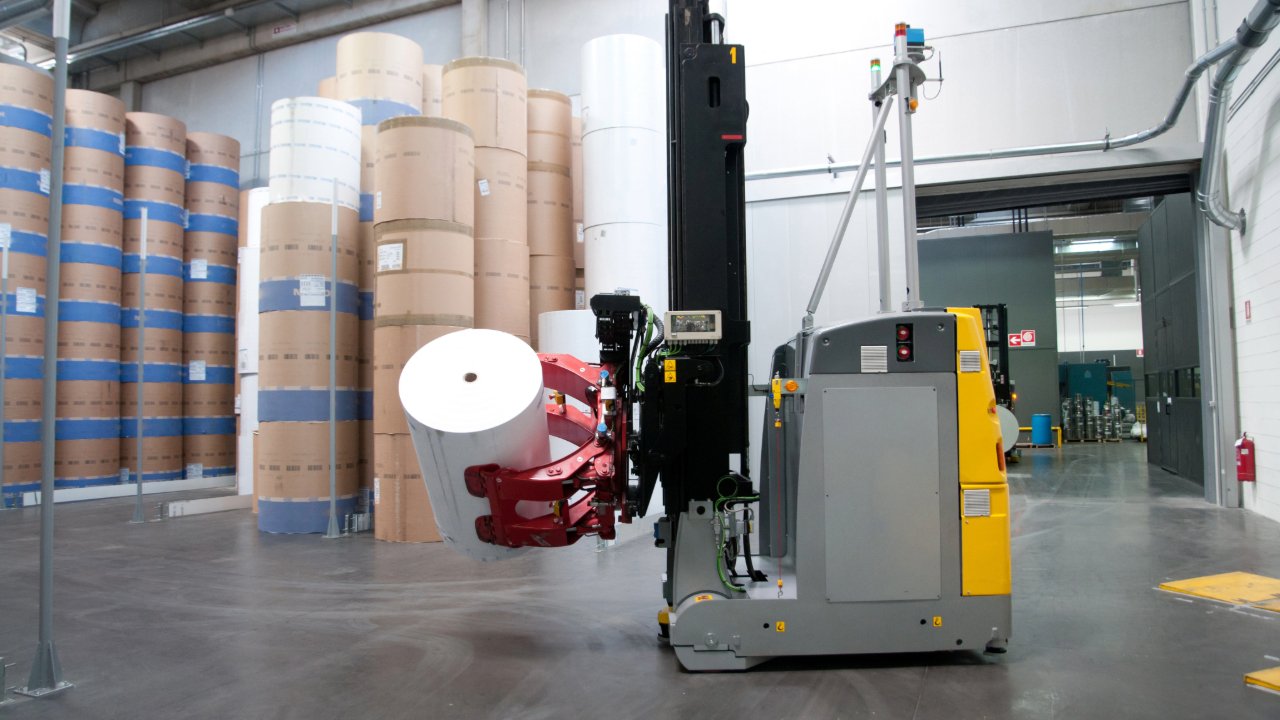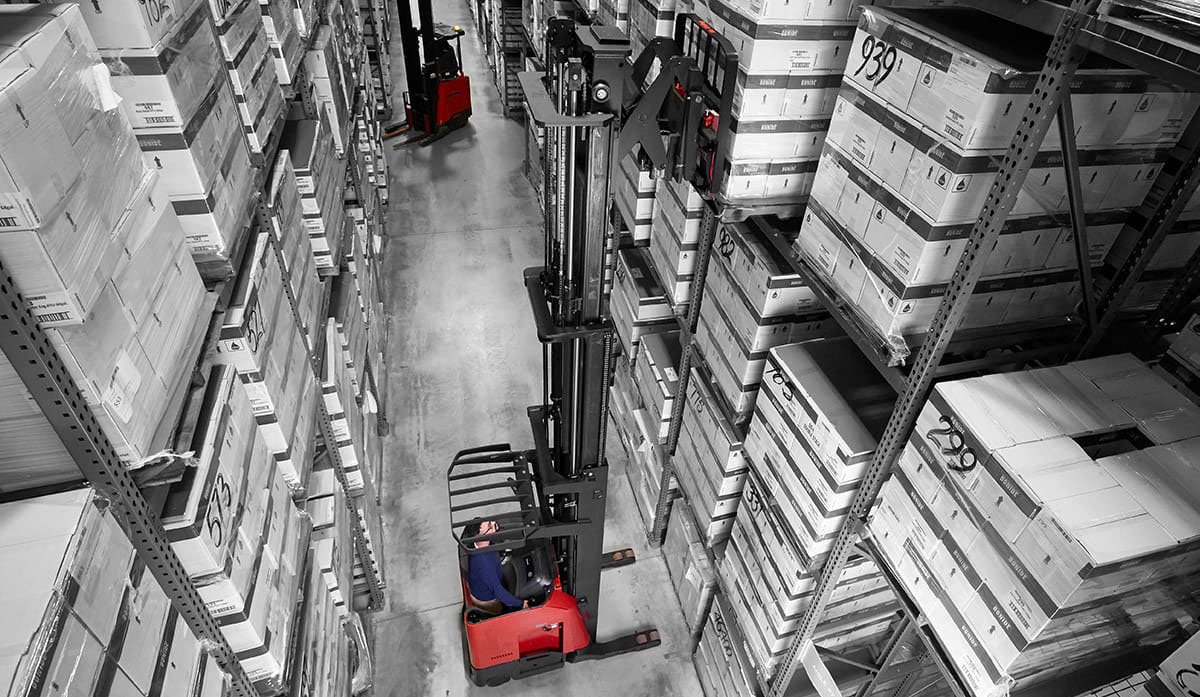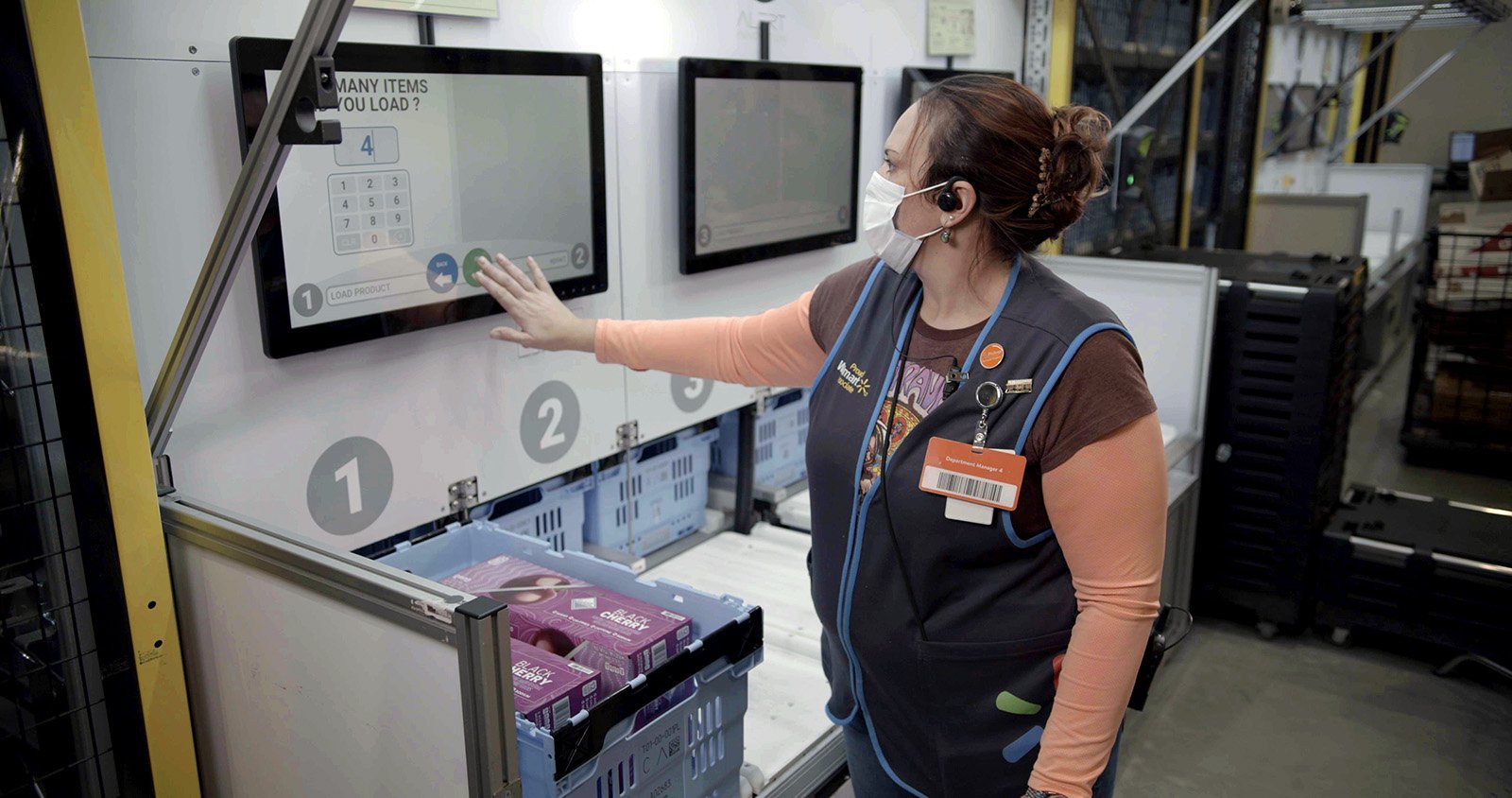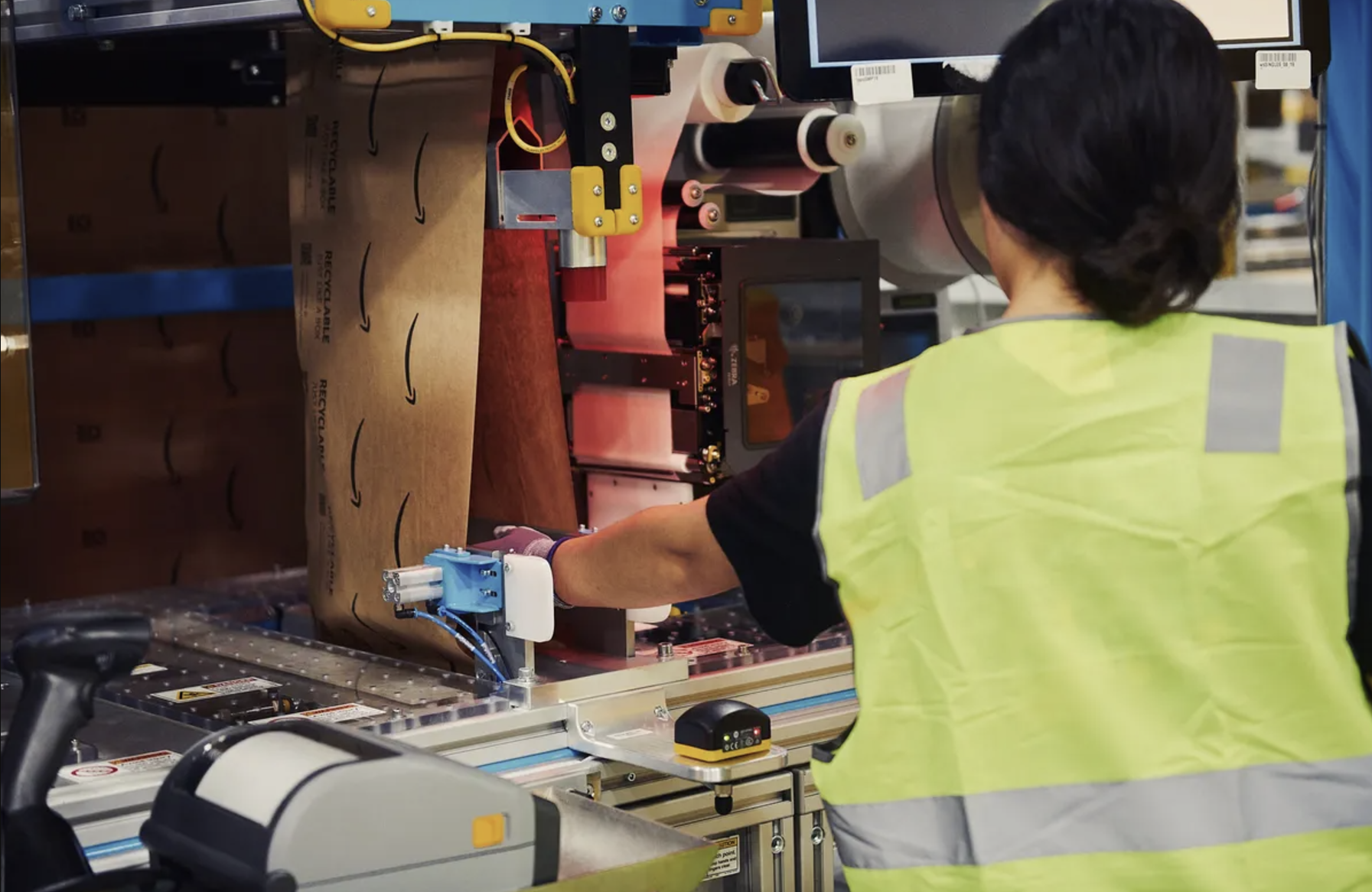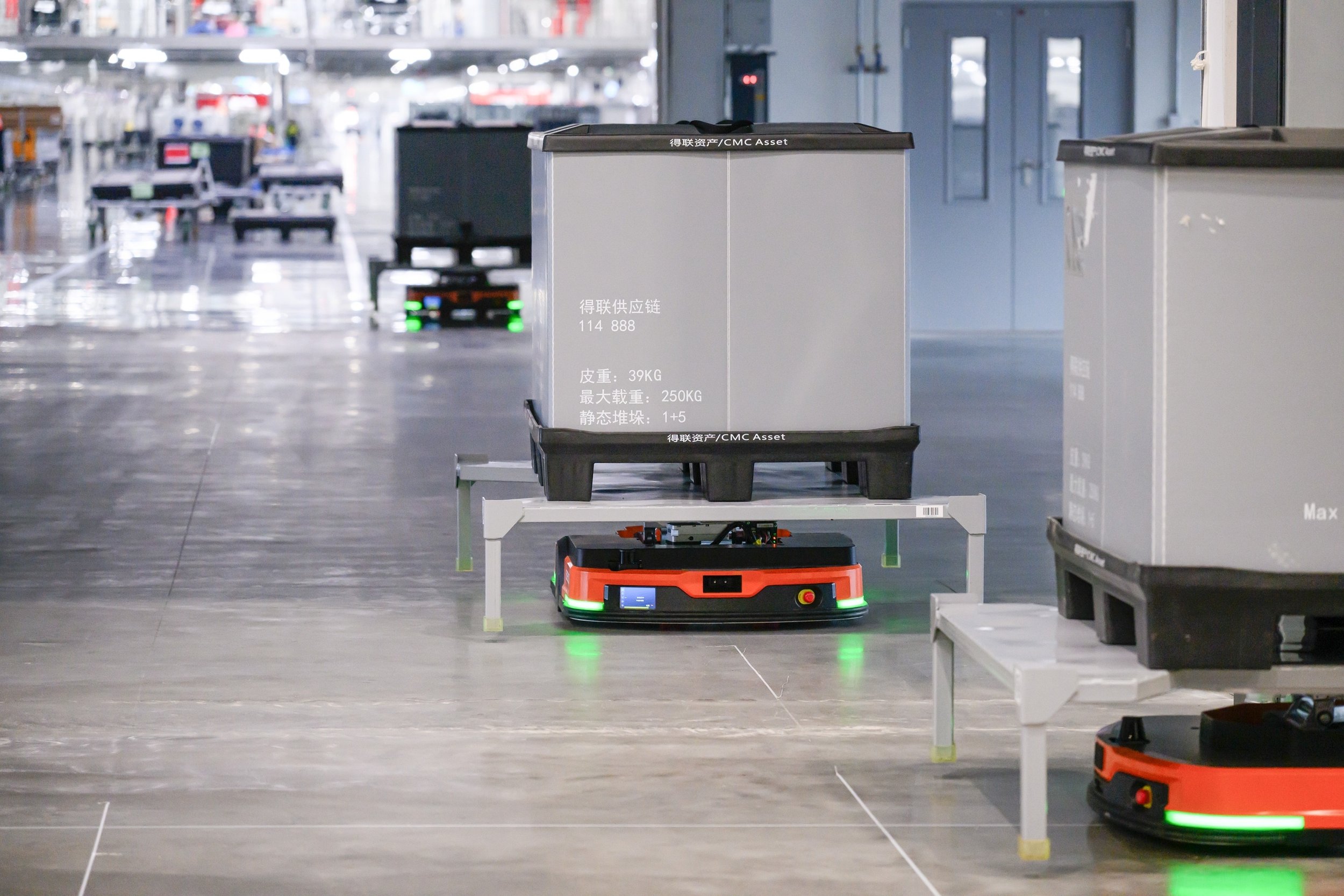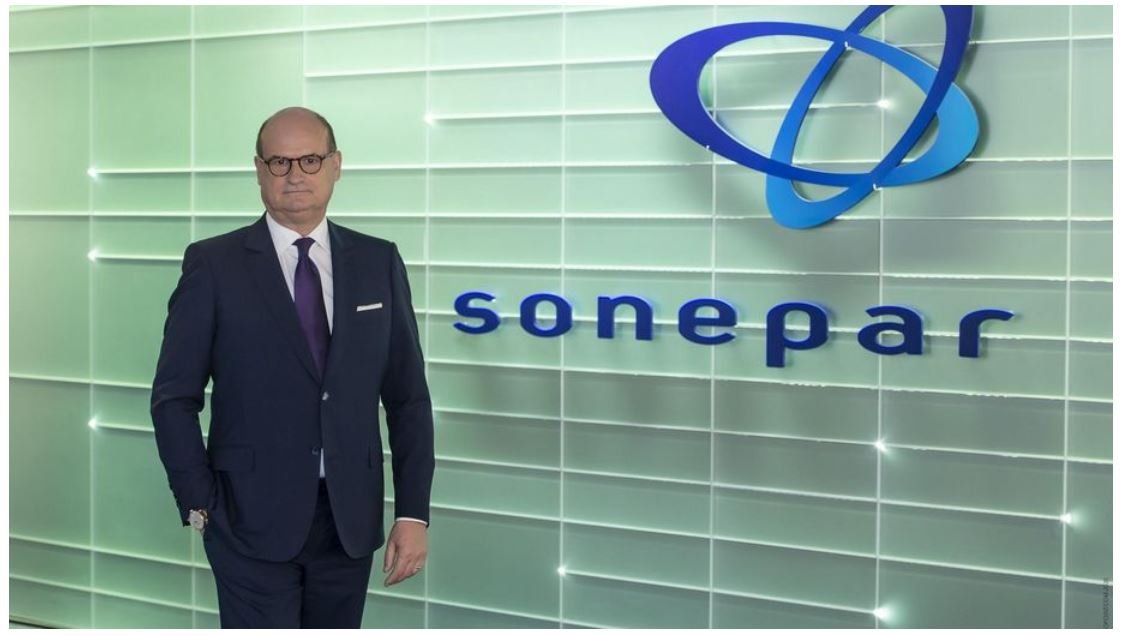GXO Piloting Flexible Gig Worker Program at Warehouses
GXO is entering the gig economy.
The contract logistics provider completed a pilot of a workforce flexibility program where 1,100 gig workers supplemented employees at eight GXO warehouses—and is now prepping a wider rollout.
“Tapping into the gig workforce expands our talent pool and reduces costs for our customers,” said Dawn Nixon, senior vice president, human resources at GXO, in a statement. “For those who place a premium on flexible hours, our program enables us to offer greater flexibility to meet worker needs and helps us easily adjust our headcount as customer volumes change. It also creates unparalleled agility for our operations and new opportunities for our full-time team members to upskill. We look forward to expanding this program to our operations across the U.S.”
The Greenwich, Conn.-based company has not shared details on where the expansion would take place.
GXO partnered with industrial staffing company Employbridge on the pilot program.
With the pilot, GXO posts a job, including details on dates, hours, type of work and pay. That job is instantaneously dispatched by Employbridge’s gig worker app, EmployGig, to candidates who best match the requirements, and they can then signal their interest.
At the sites where GXO piloted the program, nearly three-quarters of the participants are women and almost a quarter are stay-at-home parents or primary caregivers for children. Participants include people ages 18 to over 65, with the most, approximately a third, coming from the 25–34 age group.
“We’re taking a better approach to workforce management,” said Nixon. “We’re creating a more diverse and engaged team—making sure our employees have the best experience and balanced capacity, even when we have seasonal changes in volumes throughout the year in industries such as fashion, technology and consumer electronics.”
According to the logistics provider, the program has enabled GXO to better respond to customers in real time to changes in demand while reducing costs by more efficiently managing and forecasting headcount.
GXO made the announcement the same month it unveiled it will manage operations at a 750,000-square-foot Levi Strauss & Co. (LS&Co.) distribution center in Dorsten, Germany launching in early June.
The companies locked themselves within a 20-year partnership, with the lifetime value of the deal expected to be nearly $1 billion, said GXO CEO Malcolm Wilson in a first-quarter earnings call earlier this month.
The company will manage all logistics services for LS&Co. at the fully automated facility, including value-added services, to distribute apparel and accessories across wholesale, retail, digital, e-commerce and marketplace channels.
The Dorsten site will initially start with a capacity of 33 million units. By 2026, when the site reaches its full capacity of 55 million units, up to 650 employees are expected to be employed in Dorsten.
GXO continues to make further headway across Europe, successfully implementing a large-scale robotics system for an unnamed major sporting goods retailer in France.
Leveraging this system, the retailer aims to speed up order processing, adapt more quickly to changes in seasonal demand and cut costs. The system covers 12,000 square meters (130,000 square feet) and uses around 500 tote-to-person robots to manage 70,000 bins on 18-foot-tall storage racks.
The lightweight autonomous mobile robots (AMRs) are easy to transport and install, giving GXO the flexibility to quickly move them around the warehouse or deploy them to other facilities to meet seasonal changes.
“This tote-to-person solution, integrated with high-density storage, enables high-volume picking, storage and operating efficiency in our warehouse,” said Rui Marques, managing director, France, GXO, in a statement. “We’re always looking to leverage technologies that solve our customers’ increasingly complex global supply chain problems.”
GXO says across the board, it increased its total tech and automated systems by about 50 percent year over year in 2023.
Earlier this month, GXO reported first quarter earnings results of $2.5 billion, up 6 percent year over year, on a net loss of $36 million. In April, the company completed the acquisition of U.K.-based contract logistics provider Wincanton, which it scooped up for $965 million.
Judging by Wilson’s comments in the May 8 earnings call, M&A projects are no longer a priority for GXO after the Wincanton deal.
“Right now, our focus throughout ’24, really ’25, is going to be on the integration of [Wincanton],” sad Wilson. “Thereafter, as we’ve explained, our business strategy is always to consider M&A when it’s appropriate, when it can bring something new to our business…We’re not really thinking now about M&A for the future.”





